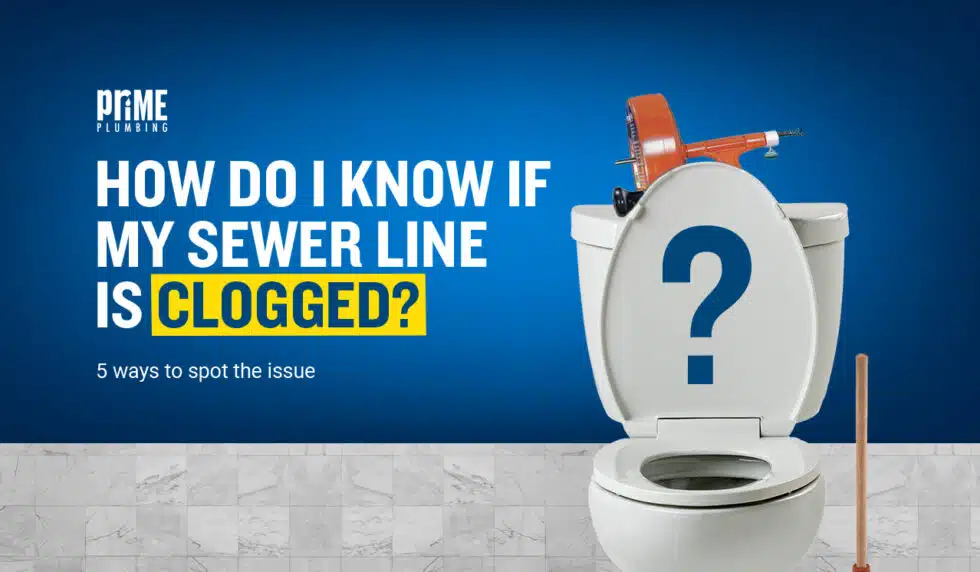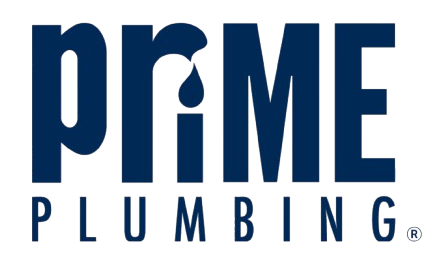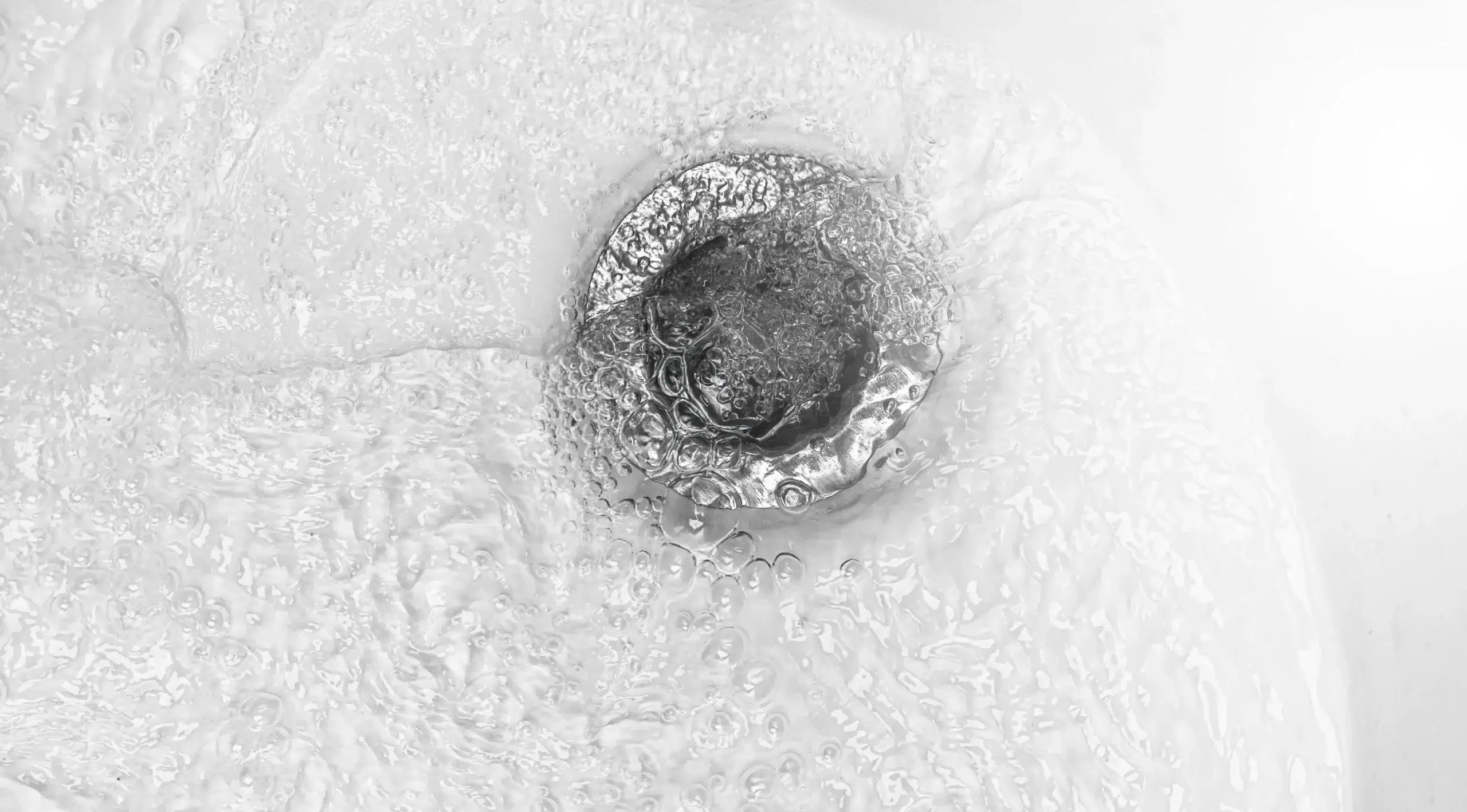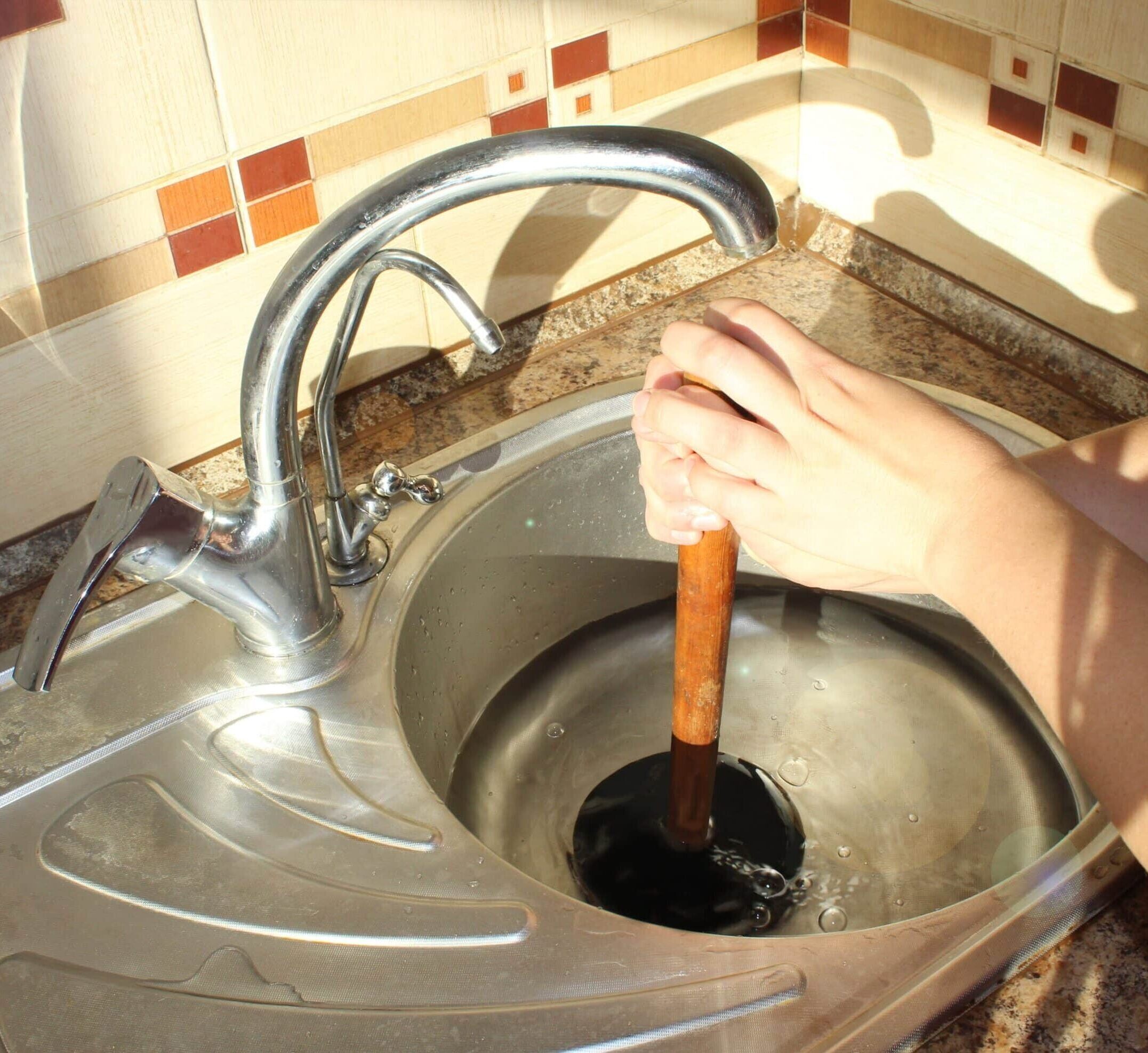Service 7 Days a Week
Proudly Serving Baltimore
How Do I Know if My Sewer Line is Clogged?

Save Time, Call Prime!
As a homeowner, you come to expect that things will occasionally go wrong. For the most part, it’s usually minor stuff that’s more annoying than problematic—like a leaky faucet or clogged toilet. But there are times when those problems progress from minor to major, leaving homeowners frantic and frazzled.
Fortunately, in many cases, the signs and symptoms indicating a potentially significant problem is on the horizon are apparent before disaster really strikes. Today, we’ll talk about one of those situations—clogged sewer lines—and provide you with a few of the most prominent warning signs that your sewer line may be clogged.
More than one drain is backing up
Experiencing a drain backup in one fixture is unfortunate, but it’s likely an isolated incident. It’s when you start seeing drains backing up in multiple fixtures that we start to think a larger issue could be in play. If your toilets, tubs, showers, and sinks are backing up with water, a clog in the main sewer line could be the culprit. A good way to test for this is to use one fixture and see if a separate fixture encounters a problem. For example, flushing a toilet shouldn’t cause water to come up through the sink.
You hear gurgling
If you hear a gurgling or bubbling sound from your drains or toilets, it could be a telltale sign of an impending sewer backup. While some may believe that these noises are normal, they are not and typically occur because water cannot flow freely through a pipe.
Gurgling is actually an easy-to-detect early sign of a blockage. Paying attention to gurgling is one of the best chances for a homeowner to address an issue before they have sewage on their floor.
You have slow-running drains
Just because your drains aren’t backing up doesn’t mean you’re out of the woods when it comes to clogs in the sewer line. In fact, repeated slow-running drains are a common sign of a sewer line clog. This usually starts to occur in the drain nearest to the sewer line clog before expanding to other drains throughout the home.
If you find yourself constantly having to use a plunger, it may be time to look into the sewer line.
The yard gets flooded
While it’s true that April showers bring May flowers, everyone knows that the wettest month in Baltimore is September. So, if you notice your yard is flooded this spring—and it hasn’t rained lately—a clogged sewer line could be the cause. This typically occurs when tree roots bust through the line, causing not only a clog but a leak.
With nowhere to go but up, water (and waste) seeps through the soil and collects in the yard. Much like we mentioned with those interior drains, leaking water from the sewer line that collects in your yard is likely to give off a foul and unpleasant stench.
If your sewer line is clogged, you need a professional
The skilled professionals at Prime Plumbing are experts at quickly locating sewer line clogs and leaks and working diligently to correct them. These clogs can be caused by any number of factors, from the flushing of inappropriate items to coagulated grease or oil that was inadvertently dumped down the drain.
Sewer Line Cleaning & Repairs
If you are experiencing any of the signs and symptoms we mentioned above, we are here and ready to help.
Remember: Save time, call Prime!
The Difference With Prime
Get a FREE second opinion on water and sewer service, and septic repair/replacements!
Don’t Just Take Our Word for it

Why Choose Prime Plumbing?
Professional Services at an Affordable Price
- Transparent Pricing
- No Additional Charges for Overtime
- Flexible Financing Solutions
- Thorough Employee Background Checks
- Complimentary Second Opinions




